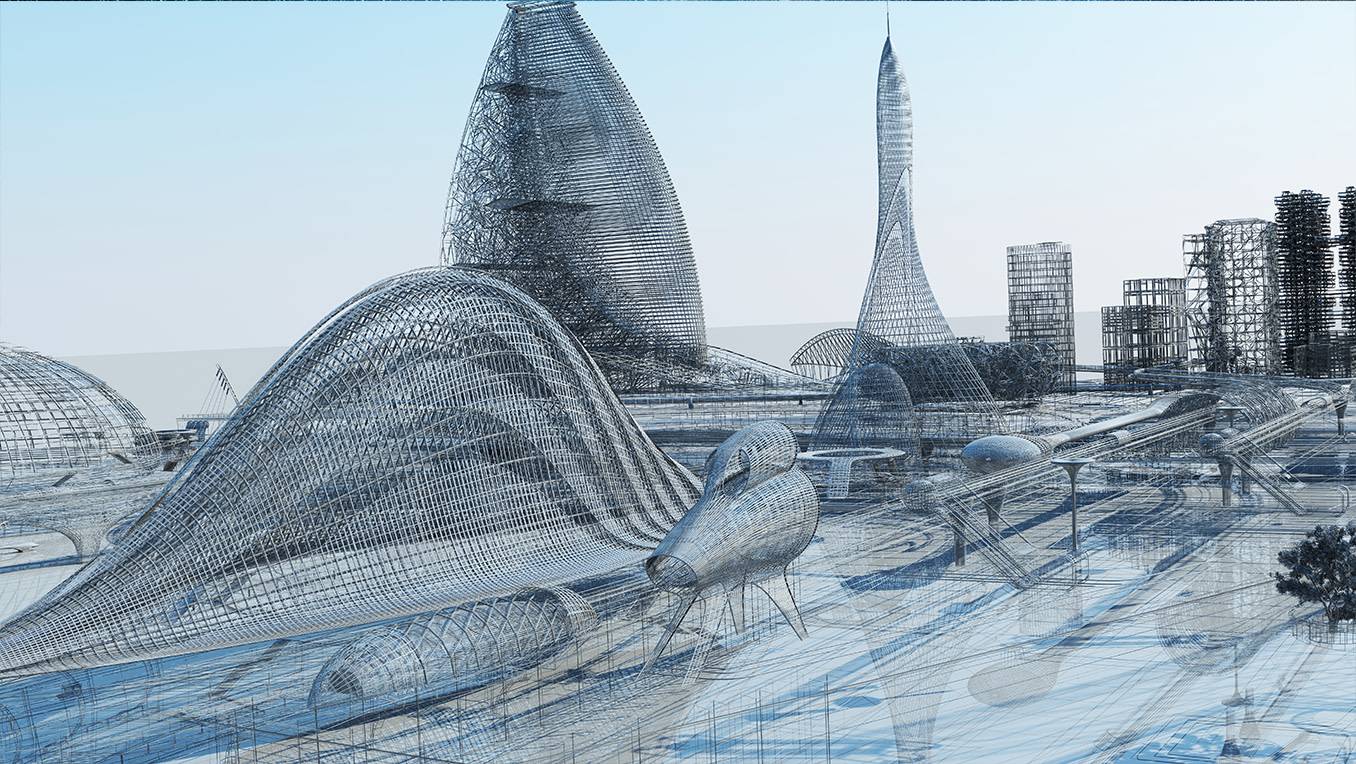Sci-fi offers bold visions of the way a different world might look
There’s a lot to love about science fiction. New technologies, new planets and epic battles between right and wrong are found in abundance. Another trademark of the genre is the way it reimagines society, offering up visions of utopias, dystopias and brand new political structures. Some of the best sci-fi titles peer into the political realm and explore how everything could be different.
There’s no bigger way to dream than reimagining how society works. Sci-fi is full of dystopian Earths, intergalactic empires and futures where everything is different. From political structures to the way everyday life is organized, sci-fi authors are constantly inventing new societies that inspire us to change – or warn us that we need to.
If there’s one area where sci-fi writers excel, it’s worldbuilding. From physics to politics, everything is on the table. Listening to the genre can open up your mind to new perspectives and new possibilities for change. Even the most dystopian stories offer hope the world can be different.
Dystopias That Inspire Us to Challenge Authority
Suzanne Collins’s The Hunger Games came out during a politically charged era. It was a time when young people were challenging authority and rallying against the “one percent.” It was fitting that the most popular YA series of the day was about a young woman taking on an unfair system and leading a rebellion against inequality. When sci-fi writers invent post-apocalyptic stories, sometimes they inspire their audiences to make a change in the world.
A decade since the last installment of her series, Collins is back with The Ballad of Songbirds and Snakes, a prequel that explores the origin story of the series’ chief villain, President Coriolanus Snow. A young Snow has been given the lowly task of mentoring a tribute from District 12 in The Hunger Games, and her victory becomes Snow’s only chance to make a name for himself. Taking place in the aftermath of the first failed rebellion that sets the stage for the original series, it promises to be a fascinating look at the way The Hunger Games’ dystopian society took shape.
Present Day Problems in Fictional Worlds
If literary fiction is uniquely equipped to look at the everyday problems facing the individual, science fiction is made for looking at the problems all of society contends with. Science fiction has always addressed the big picture issues in their fictional worlds, from class structures to ecological devastation to Cold War anxieties.
In that vein, many science fiction writers are now tackling climate change – if in a roundabout way at times. Take John Scalzi’s The Interdependency series. By using a naturally-occurring network of streams called “The Flow” to travel faster than the speed of light, humans have built a solar-system-spanning empire and a massive trade network that keeps it all together. However, every now and then one of these essential connections collapses, leaving planets and solar systems isolated forever. The series begins with one physicist’s discovery that “The Flow” is on the brink of total and permanent collapse.
The final installment of the trilogy, The Last Emperox was released in April 2020. The collapse is accelerating, isolating billions of people across the galaxy, and despite scientific warnings, powerful forces remain at work trying to capitalize on the crisis rather than band together to fix it. The survival of humanity is at stake, and the thrilling conclusion proves Scalzi’s mastery over political allegory.
Making Old Worlds New
When you invent a whole new fictional universe, you have the freedom to make it as strange or familiar as you like. For writers like Hao Jingfang, it’s an opportunity to put real world conflicts into a new context. In the case of her epic new release, Vagabonds, that new context is the year 2201, a hundred years after the Martian colonies won independence from Earth.
In the present day of Hao’s universe, life on Earth is intensely competitive. Western-style capitalism has triumphed, while on Mars, a more socialist form of society inspired by Chinese communism has taken shape. The two planets are suspicious of each other, but in an effort to cultivate friendlier relations, a group of Martian students are sent to Earth for five years. When they return, Martian society seems dull and rigid.
Projecting today’s political conflicts into the future is a way of looking at cultural difference with fresh eyes and imagining how we could approach those differences in new ways.
Open Up Your Imagination with Your Next Listen
With all of the latest sci fi titles to choose from, what will your next listen be? Some of the most anticipated new releases dive into the politics and everyday life of new societies. Sci-fi is a genre that opens up your imagination to new ways of thinking, and its writers are constantly challenging the way things work.
There are tons of audiobooks to discover on Audible that will challenge your perspective and open your eyes to new ideas. Whether you’re into sci-fi, biography, history or romance, we have it. Find your next favourite listen right here, and don’t forget to tell us all about it on Facebook.








